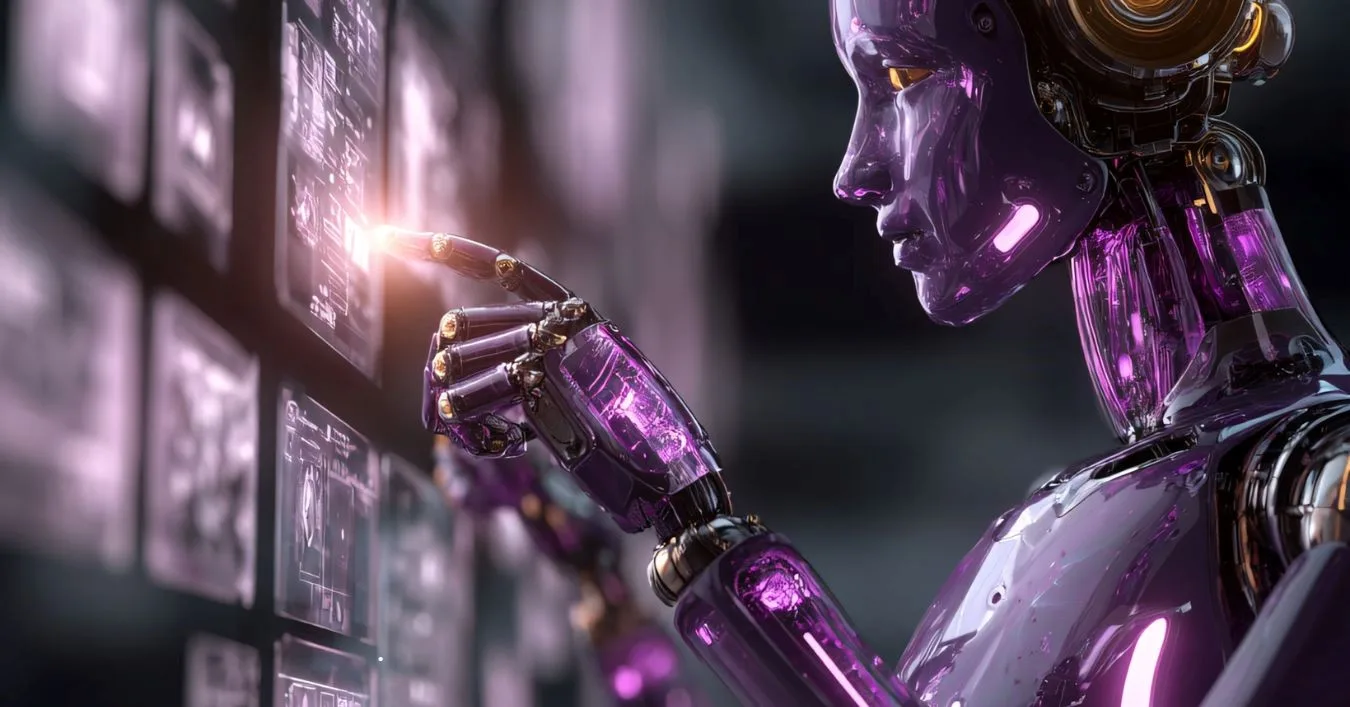Will AI Influencers Replace Human Creators? New Data Says the Future Isn’t Solely Human

Global influencer marketing spend is projected to reach $32.5 billion in 2025, and much of that growth is being driven by a surprising new force: AI-generated influencers. From hyper-polished Instagram avatars to TikTok personalities who never sleep, brands are experimenting to see if audiences care whether their favorite influencer is even real.
On the surface, the appeal is obvious. AI campaigns can deliver content 90% faster and at a fraction of the cost, with virtual personalities capable of adapting across languages, cultures, and platforms at scale.
But a recent case study done by UNmiss makes the trade-offs clear: while AI brings efficiency, human influencers still generate nearly three times more engagement and vastly higher campaign earnings. The conclusion? Efficiency scales, but trust doesn’t.
Generational attitudes are shaping the next chapter. Gen Z is 46% more open to following AI-driven creators, even embracing them as long as brands are transparent. Older demographics, by contrast, remain wary, with over a third demanding explicit disclosure when artificial personas are involved.
This split suggests the influencer market of the future won’t be dominated by AI alone; but it also won’t stay solely human.
Industry data is pushing brands toward automation. Reports show campaigns using GenAI tools see a 32% higher ROI, making AI partnerships too tempting to ignore. Yet, as Reuters and Financial Times have pointed out in recent coverage, an over-reliance on “perfect” digital personalities risks alienating audiences who crave relatability and imperfection.
Anatolii Ulitovskyi, founder at UNmiss.com shared:
“People want to connect with people, but the reality is they often don’t know if they connect with real people. AI influencers aren’t just assistants; they’re replacements. Anyway, all AI influencers are driven by humans, and the industry is growing in the direction of using more AI tools.”
The future of influencer marketing won’t be a binary choice between human and machine. Instead, it’s becoming a hybrid model; AI for scale and reach, humans for trust and authenticity. In other words, the influencer economy of tomorrow isn’t dying. It’s evolving. And it isn’t solely human.
